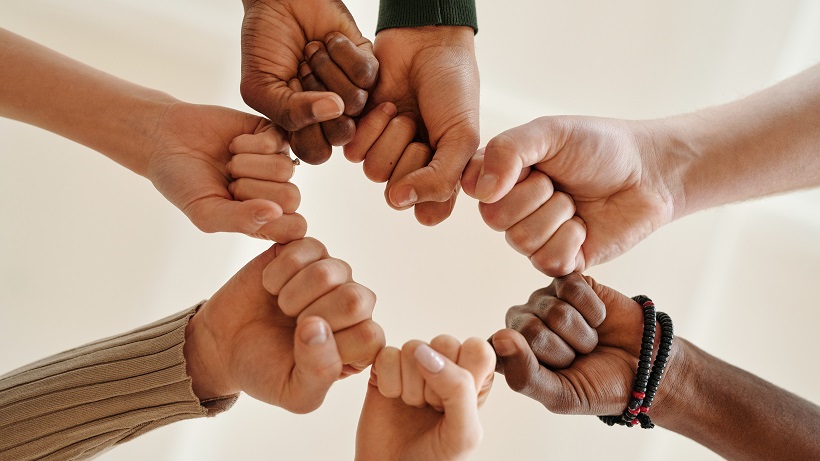I don’t know about you, but my mailbox is mostly filled with solicitations. Some are for the Jewish community (well, in my case most), and others are for wonderful organizations that we’ve donated to in the past, like Meals on Wheels, Boost Oregon, and the Oregon Humane Society. With the overwhelming need in our community at large, beyond just the affiliations we have, sometimes it feels like I just can’t do enough. And yet, that certainly doesn’t stop us from giving. Why? The answer is in this week’s Torah portion.

Behar-Behukotai warns us of the implications of what is essentially a snowball effect. This double portion focuses primarily on the laws of agriculture and land, but what makes this section of text unique is that it takes the notion of land ownership and farming and uses that to create a society in which no one group holds complete control forever.
We read about the 50-year land ownership cycle that requires us to allow the land to rest every seventh year. In the 50th year of the cycle, all land returns to its original owner. Imagine a farmer who falls on hard times because of a drought or poor crop. In order to sustain his family, he might sell off parts of his farm acre by acre. After 10 years he might have nothing left, and he might be forced off the land or forced to find another way to make a living. According to the Torah’s laws, in the 50th year, this farmer would receive back all his land and become his own landlord again. The Torah is helpful in identifying need, but how do we prioritize who we support and when we support them? This is the struggle of wanting to help everyone, but knowing you can’t possibly make an impact everywhere.
As a family, we guide ourselves by Hillel in Pirkei Avot: “If I am not for myself, who will be for me? If I am only for myself, what am I? And, if not now, when?” This formulation, which was also our ALIYAH theme last year, has been one of Judaism’s main principles since the Torah, and our parshah this week speaks of one way to prioritize. First, we redeem those Israelites in captivity, then we find ways to help and sustain others. Our daily Kaddish prayer reminds us of this: “V’all kol Yisrael, v’all kol yoshevey teyel.” Those who dwell in our own community, and all those who are in our midst.
However, the community you make is up to you. You set your priorities by who you connect with, and the important thing is simply recognizing the most immediate need around you first. This week’s double portion reminds us that our innermost circle of support is just one of many ways that we provide for each other.



